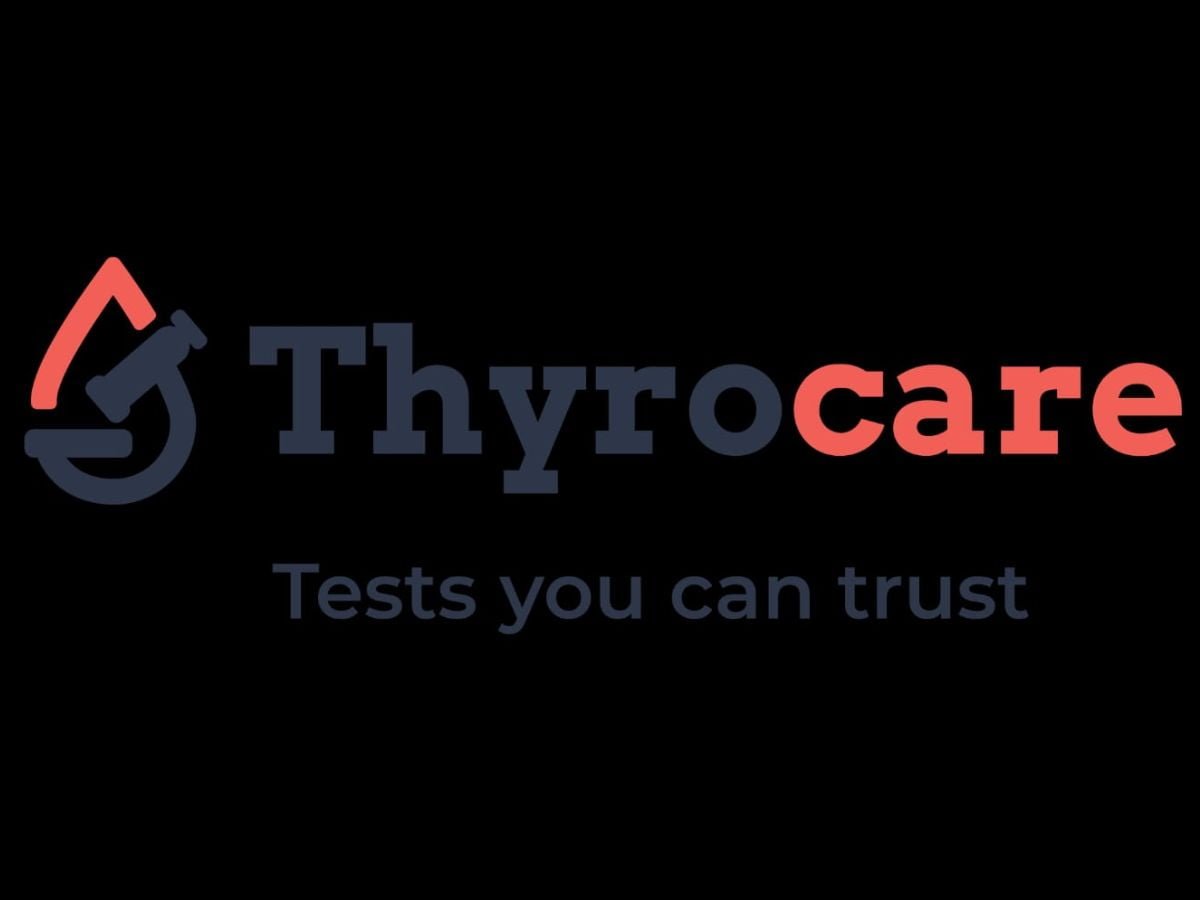

Mumbai, December 14: Diabetes has evolved as a major healthcare challenge in India. In 2019, India had 77 million people living with diabetes. The numbers are expected to rise to 101 million in 2030 and 134 million in 2045. Diabetes is associated with multiple complications such as nerve damage and poor blood supply, making the foot more prone to ulcers. Diabetic foot ulcers have a tendency to get worse pretty fast if not treated early.
Dr. Arun Bal, Consultant Diabetic Foot Surgeon, Raheja Hospital, says, “High blood glucose is associated with multiple healthcare disorders, and foot ulcers are one of the common complications of uncontrolled diabetes. Diabetic foot ulcers are stubborn and can result in amputation if not treated in time. Around 85% of diabetes-related amputations start with foot ulcers. In India, the awareness around the condition is poor, and people often try to manage the ulcers. They often reach late to the doctor, and there is no other option than amputating the limb.”
Speaking on one of his patients, Dr. Bal said, “A 64-year-old male with a history of Type-II Diabetes for eight years presented with right toe swelling and ulceration for three months. Each time this swelling occurred during this period, he ignored it as the affected region lacked any sensation. A few days later, he had another episode of swelling of the same toe and presented to his family physician with redness, edema and extensive ulceration at the same region. He was then referred to me by his physician. After a complete examination, amputation of the right toe was suggested by me. The toe could have been saved if the patient had consulted me earlier.”
The treatment of diabetic foot ulcers has evolved with the latest researches and newer molecules. From the times of world war, tincture iodine was the treatment of choice for most ulcers, diabetic or non-diabetic. The evolution of iodine ensured that better-acting iodine is now available for the management of ulcers. Cadexomer iodine is the latest form of iodine used to manage most diabetic feet. This molecule ensures that patients do not have to go daily for dressing change, thereby reducing the financial burden on the patient. Additionally, Cadexomer Iodine has shown to be effective in treating ulcers, thereby reducing the requirement of surgical debridement.
Dr. Bal added, “In the case mentioned above, the timely intervention of the right treatment could have helped us avoid the amputation of the affected toe. Cadexomer Iodine has proven to be the dressing of choice for such complicated wounds in diabetic patients due to its safe and prolonged duration of antiseptic action.”



